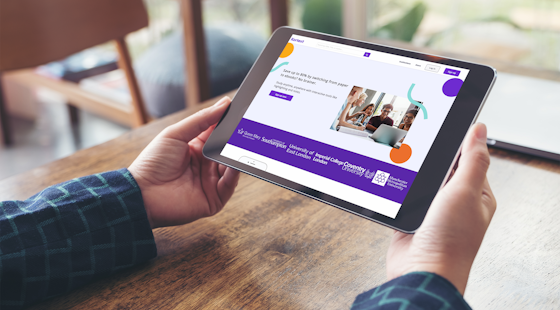For a business who specialise in the printing of training materials we are fascinated by the work of various academics which point to the benefits of the paper document.
Couple of interesting quotes from an Education Week article this week (May 28th, 2016), worth repeating.
When it comes to textbooks, students want paper (Foasberg, 2014; Mizrachi, 2015; Olsen et al, 2013; Shepperd, Grace & Koch, 2008). In some studies, students report greater fatigue after reading electronic textbooks, so that, as much as the comprehension difference, may drive their preference (Woody, Daniel & Baker, 2010).
But students like screens for leisure reading (Foasberg, 2014) and report that they appreciate the convenience of ereaders when travelling, or when they don’t want others to know what they are reading (Scholastic Publishers, 2014).
Daniel Willingham, Professor of Psychology, University of Virginia.
However, like most things in life, reading digitally is not all good or all bad. Research shows that students score higher on reading comprehension assessments when reading from paper than from reading from a digital source. Students who are accustomed to reading digitally have been found to have a harder time focusing when they sit down to read a harder, longer text.
The brain does not multitask, but rather switches attention very quickly between thoughts, topics, information, and situations. Reading on digital devices that have online access, changing visual images, or web links in the margins increases distractibility while reading.
Difficult texts should be read on paper to increase students’ linear reading ability, mental representations, spatial and tactile knowledge of the text, and absorption of meaning. For pleasure reading or for searching for key terms in a research situation, digital reading devices are a good resource.
By Kimberly Carraway EdM, learning specialist and educational consultant. CAPDM
So what do we conclude – Training needs are rich and varied because all individuals are, well individuals. Our role in providing materials to the training industry is to provide t]all the tools required, providing choice. This is not a question of one being better than the other – just different.

